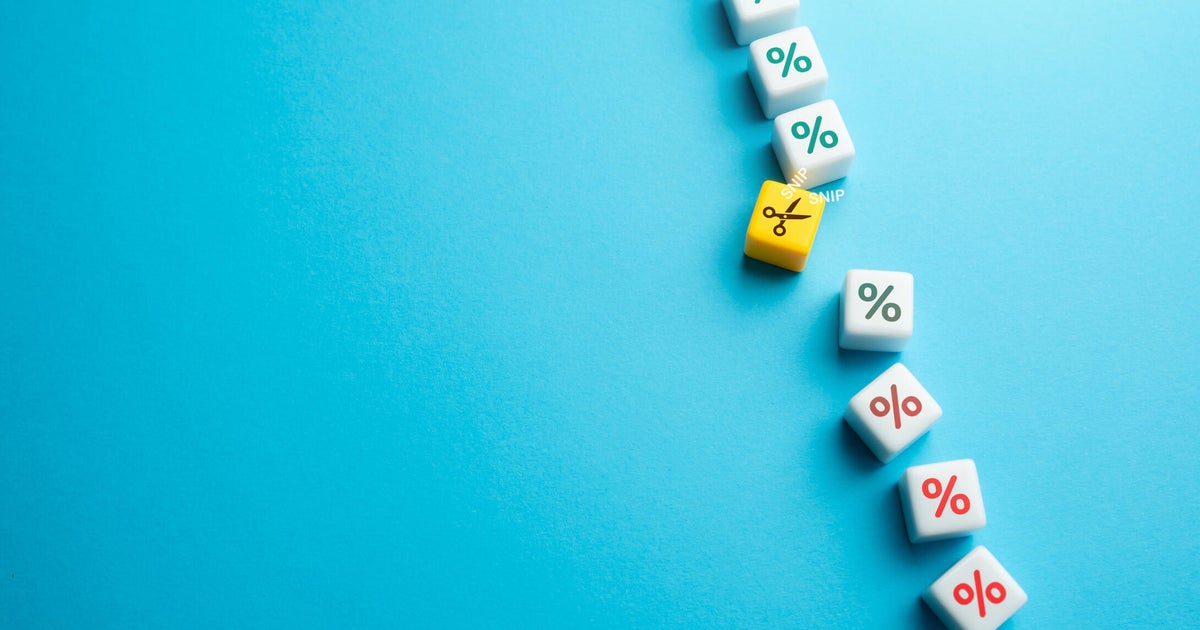3 times a private student loan is worth it
Higher education is becoming increasingly expensive, and many students find themselves struggling to pay for all their college costs. Student loans, both private and federal, are one way to cover these costs.
While financing options like scholarships and federal student loans should be the first things you look into, there are times when you may need — or even want — to consider private student loans. To make the best decision for your upcoming needs (and financial future), it's important to know when these times are.
Start exploring your private student loan options online here to see how much you can borrow.
3 times a private student loan is worth it
A private student loan is worth considering in the following situations.
When you need to fill a funding gap
Private student loans usually have higher interest rates than federal ones and don't offer payment relief options like forgiveness or income-driven repayment plans. According to Bankrate, federal student loan interest rates as of June 20, 2023, are between 4.99% and 7.54%. Private loan rates, by contrast, are between about 4.40% and about 16%.
So, you should always apply for scholarships and grants and max out any federal student aid you qualify for before turning to private student loans. That said, annual federal student loans are capped at anywhere from $5,500 to $20,500, depending on whether you're an undergraduate or graduate student, what year you're in and whether or not you're a dependent.
With the average cost of a year's undergraduate tuition pushing $50,000 for some schools (and approaching triple digits for Ivy League), you might still need funds to meet all your expenses after exploring other options. In this case, private student loans can cover the gap.
Find out how much you can borrow by comparing student loan options today.
When you can get a lower interest rate
Private student loans tend to have higher interest rates than federal loans, but they also have the potential to get better interest rates if you have a good credit score.
Unlike federal loans, which are based on need and cost of attendance, private loans are credit-based. So, if you have a high credit score and good credit history, you could qualify for a lower interest rate, which can save you money in both the short and long term. If you have a co-signer with good credit, that can help you get a lower rate too.
When you need funds ASAP
To qualify for federal loans, you must submit a Free Application for Federal Student Aid (FAFSA) between Oct. 1 and June 30 for the following academic year. Many private student loan providers, however, allow you to apply at any time, which can be helpful to cover any unexpected expenses like your laptop dying or your roommate moving out and leaving you stuck with half the rent.
Find out if private student loans are right for you — start by checking out your options here.
The bottom line
Private student loans can be a good option to fund your higher education expenses, depending on your financial situation. However, they're a big financial commitment and come with certain downsides.
It's crucial to research your loan options thoroughly, carefully read the fine print and consider taking out a private loan after exploring all other financial aid options. Then, make sure you have a solid plan in place to pay your balance off after graduation.




